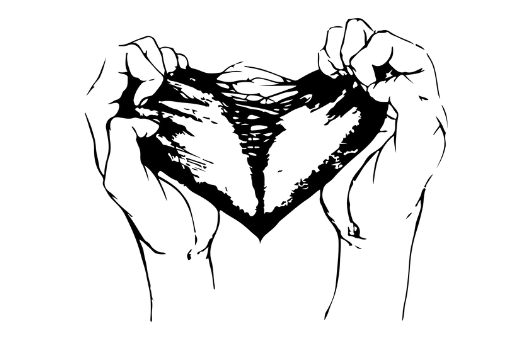We have all been “up against it” for the past few years, one way or another – globally, politically, health-wise and personally. Being in lockdown, having to home-school, being isolated and, probably the most challenging and the lowest points, facing up to divorce and the loss and burying of loved ones during this time. These events can affect each person differently, creating trauma.
Do you ever experience:
- vivid flashbacks (feeling like the trauma is happening right now)
- intrusive thoughts or images
- nightmares.
- intense distress at real or symbolic reminders of the trauma.
- physical sensations such as pain, sweating, nausea or trembling
These are some of the clues that the trauma is still with you and is very real
Some events can fade with time but traumatic events are ever-fresh. This is because the mind-body couldn’t process the event, it simply didn’t know how to handle it – should it run, fight or freeze (“play dead”) until it all goes away. This reaction is locked in place into our psyche.
Think of it as being given a huge meal but not being able to eat it; so you put it in the fridge until you are ready. Because the painful, threatening, shocking or frightening, the “food” is just left and left until eventually it begins to rot. This is what unresolved trauma is. Eventually the “rot” is felt emotionally, mentally and/or physically.
What are other symptoms;
Shoulder lifting/jerking upwards, eye tic, stutter, persistent cough during times of stress, muscle pain – these all are memories of the actions related to the instance of the trauma.
• a churning feeling in your stomach
• feeling light-headed or dizzy
• pins and needles
• feeling restless or unable to sit still
• headaches, backache or other aches and pains
• faster breathing
• a fast, thumping or irregular heartbeat
• sweating or hot flushes
• sleep problems
• grinding your teeth, especially at night
• nausea (feeling sick)
• needing the toilet more or less often
• changes in your sex drive
• having panic attacks.
• feeling like you have to keep busy
• avoiding anything that reminds you of the trauma
• being unable to remember details of what happened
• feeling emotionally numb or cut off from your feelings
• feeling physically numb or detached from your body
• being unable to express affection
• doing things that could be self-destructive or reckless
• using alcohol or drugs to avoid memories.
Because trauma is mental, emotional and physical, words alone won’t release it. Talk therapy can fade the memories and help store them but they will resurface and when they do, the shock and pain is real and tangible and still as meaningful, regardless of the passage of time.
I specialise in non-retraumatising trauma release and resolution. If you have a situation or problem you would like to discuss, email me for complimentary 20 minute session in the first instance. Don’t hesitate to be in touch.






